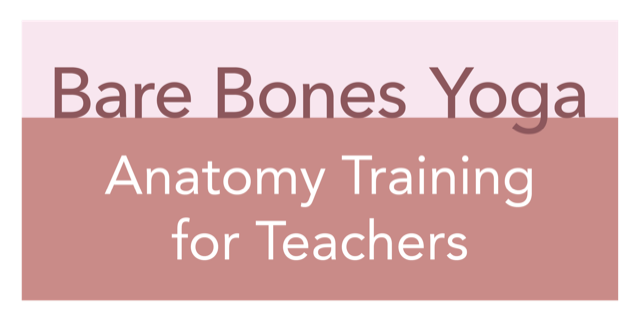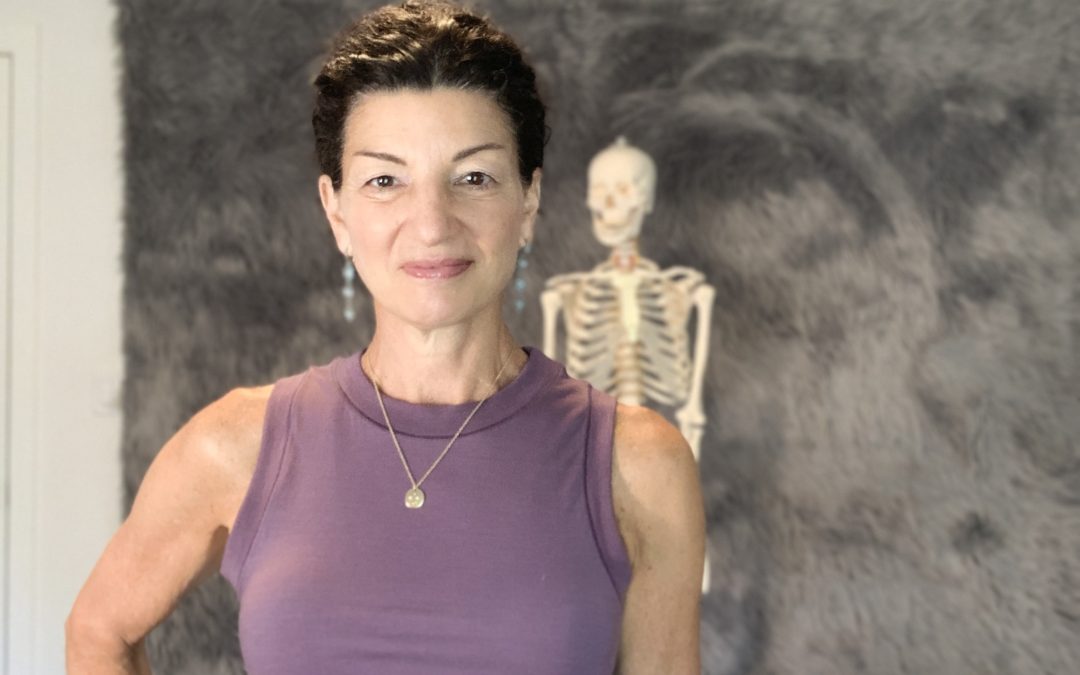During the pandemic, especially at the beginning of the lockdown in March, 2020, I attended a lot of online webinars. Because I’m both a Registered Yoga Teacher and a Certified Personal Trainer, I was going through quite a bit of content shared by both industries. It gave me a whole new perspective on the difference between increasing knowledge and skill building.
How about you? Have you been taking time to enroll in free or paid trainings, be them stand-alone webinars or full blown programs? If yes, have you felt that it helped you build a skill set you didn’t have before or did you feel like your knowledge and understanding of a particular subject grew but you were left to create the skills on your own? Feel free to leave a comment below.
I got to thinking about this idea more when I recently watched a free webinar that had such great information but it was really hard to follow how to bring any of it into actual practice. Now, sometimes this is just part of the work we need to do; before we can even be taught the skills, we have to build our knowledge in some way. However, knowledge should always be translated into some sort of actionable step or steps, because if not, what good is it? If we frame this from the perspective of us as yoga teachers, this concept becomes even more critical. The reason being there’s SO much we need to know as yoga teachers! Even if we just focus on my favorite subject, anatomy, there is literally so much to learn. Imagine if you spent all your time learning before you ever learned how to share it in your teaching; you’d end up quitting before you got any significant way down the path.
One way to prevent this from happening to you, the yoga teacher, is to identify exactly what skills you want to have and then look for a program that will give you the knowledge you need in order to build those skills. For instance, if you’re looking to improve your ability to create yoga sequencing, a general 300 hour program is too broad to teach you that one specific thing. If you could find a specific training on sequencing, that would be ideal. Short of that, you might be better off looking at an anatomy based program.
Another good example of this are the host of trauma informed trainings available. If you want to build skills in this niche type of teaching, that’d be a perfect investment. The same would apply to someone who wanted to learn skills around teaching children or teaching seniors or learning how to teach pre-natal yoga. I think you get the idea.
So, the bottom line is this: knowledge for knowledge’s sake is only one piece of learning. If we look at this concept in the context of teaching, it becomes even more relevant to us as yoga teachers. Unless you have all the time and money in the world, it most likely makes sense for you to evaluate skills you need and skills you don’t have and then go out and look for a program that’ll help you get there. Stephen Covey wrote in his landmark personal development book, “Seven Habits for Highly Effective Living” the idea of “beginning with the end in mind.” Identify the skills, then seek the knowledge.
If you’re looking to build skills around cues, watch my free webinar on Effective Cueing. You can catch it here.

